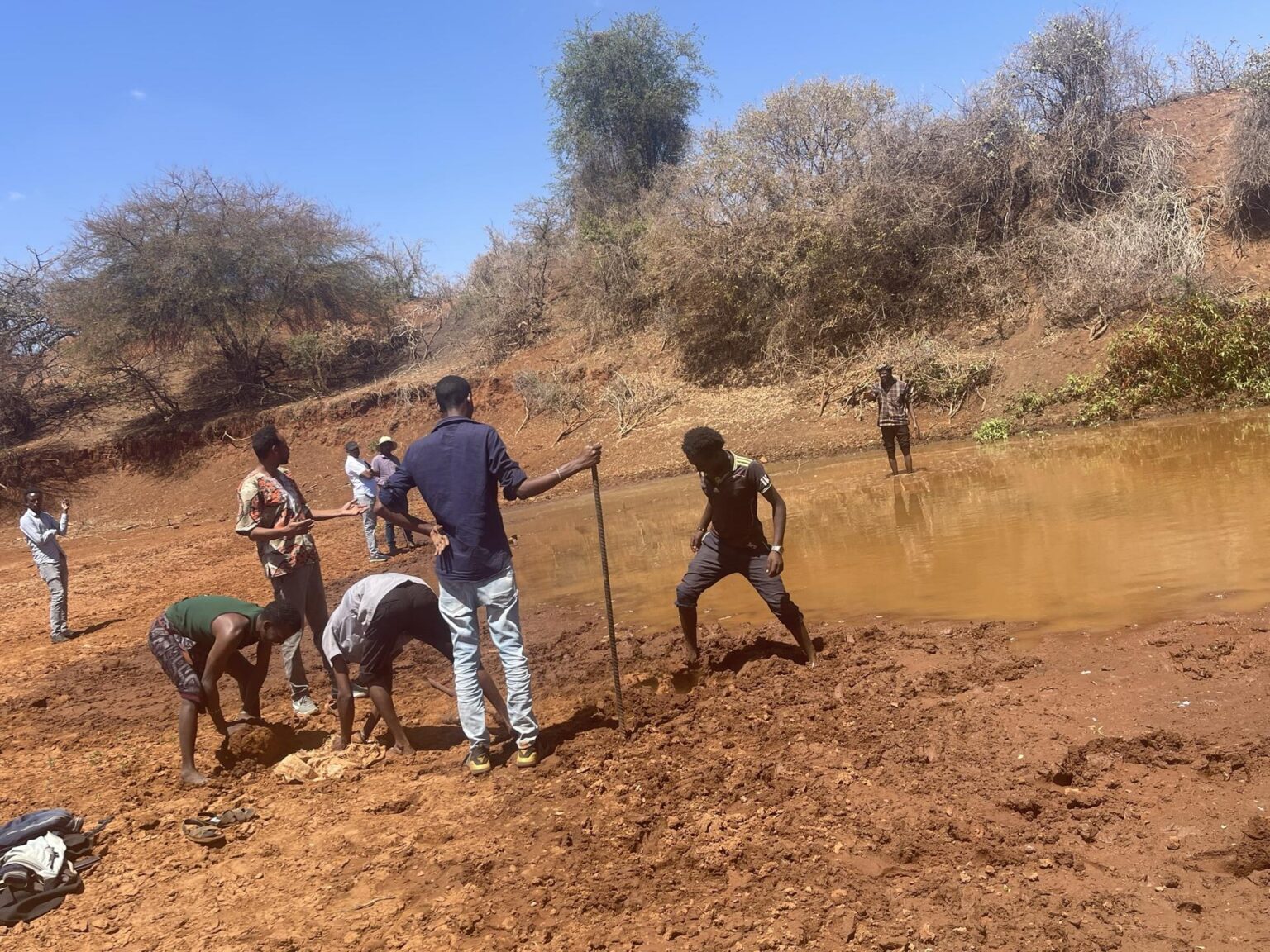- Borana region is home to an estimated 1.2 million people, half of whom are women.
- These communities rely heavily on pastoralism for their livelihoods, making them particularly vulnerable to the impacts of climate change.
- In March 2023, over 3.3 million livestock perished due to lack of water, leaving more than 67,000 households without means of economic support.
For decades, millions of people in Ethiopia’s Borana region have borne the brunt of the loss of livelihoods as climate change-induced disasters cause the death of their livestock, leaving them vulnerable to economic difficulties.
This story is, however, set to change following the African Development Fund’s $46.02 million grant to the Borana region to improve water access and sanitation in the area.
This funding, designated for Phase 2 of the Borana Resilient Water Development for Improved Livelihoods Program, is a vital investment in the well-being and future of the region’s pastoral communities.
Located in the arid lands of the Oromia area, the Borana region is home to an estimated 1.2 million people, half of whom are women. These communities rely heavily on pastoralism for their livelihoods, making them particularly vulnerable to the impacts of climate change.
“This is a peace-building program in an environment where the extremes of climate change are increasingly manifesting, millions of livestock are lost, and conflicts are increasing among pastoralists due to limited pastures and water supply,” said Dr Beth Dunford, Vice President, Agriculture, Human and Social Development.
Water scarcity in Borana region
With the region’s population projected to reach 1.8 million by 2030, the need for sustainable water supply and sanitation services has never been more urgent.
The devastating effects of water scarcity are all too apparent in Borana region. In March 2023, over 3.3 million livestock perished due to lack of water, leaving more than 67,000 households without means of economic support.
These losses not only threaten the livelihoods of Borana’s residents but also exacerbate existing tensions over land and water resources.
AfDF’s financial support will play a crucial role in addressing these challenges. By focusing on integrated, sustainable, climate-smart, and gender-sensitive solutions, the program aims to improve access to water and sanitation services for Borana’s pastoral communities.
This holistic approach recognizes the interconnected nature of these issues and seeks to create long-term, impactful change.
Beyond the immediate benefits to health and livelihoods, the program also has broader implications for the region’s development. By investing in water infrastructure and sanitation services, the African Development Fund is laying the foundation for economic growth and stability in Borana.
Access to clean water and improved sanitation will not only improve health outcomes but also enable communities to engage in more productive activities, ultimately leading to greater resilience and prosperity.
Read also: Severe drought in Horn of Africa pummels farmers and economies
What the Fund’s grant will do to Ethiopia’s Borana region
The $46.02 million grant will primarily be used to enhance water production and transport systems across more than 85 kilometers, helping improve the region’s infrastructure.
Additionally, the grant will finance the construction of nine reservoirs and over 142 kilometers of distribution systems, extending access to clean drinking water to 36,000 new consumers.
Furthermore, the program aims to install 99 watering troughs, benefitting almost 109,000 head of livestock in the community. This investment is crucial, as livestock play a pivotal role in the livelihoods of Borana’s pastoral communities.
Ensuring their access to water is not only essential for their well-being but also for the economic stability of the region. In addition to improving water access, the grant will fund property acquisitions and associated works aimed at reducing the climate risks associated with providing water supply and sanitation services.
Moreover, the program will strengthen community-level management systems for water, sanitation, and hygiene (WASH). By empowering communities to manage and maintain the newly installed facilities, the program aims to ensure their sustainability and long-term impact.
“This program responds to the critical challenge of rising water demand in Borana region and intends to mitigate the effects of drought, supporting solutions such as the development of key water infrastructure, institutional capacity building, and enhancing service delivery for sustainable and climate-resilient water provision,” said Osward Chanda, Director, Water Development and Sanitation at African Development Bank Group.
